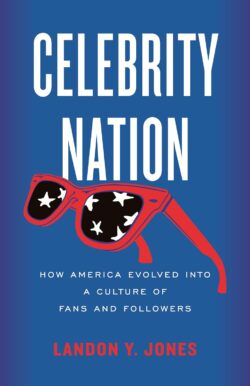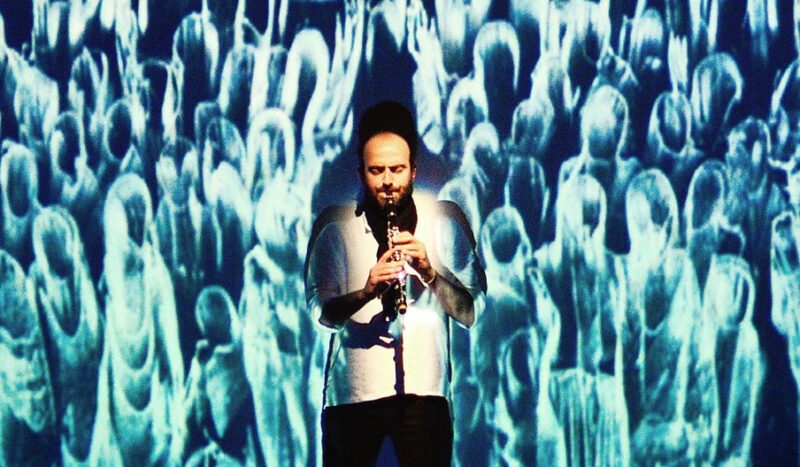West Windsor Arts has announced a schedule of exhibitions for the upcoming year, including its popular Off the Wall Juried Art Show, which is on display each year during their Holiday Market of unique items. These sister shows feature works of original art and handmade items for sale by local artists and artisans, just in time for the holiday season.
“Last year, a sizable number of artists sold their work during the Holiday Market and Art Show. We encourage artists who are looking not only to sell their work in a consignment-style format, but also to be part of a thriving network of artists and art enthusiasts to keep an eye on our upcoming event. We also host community-driven performances throughout the year, and sponsor an artist in residence once a year,” said Aylin Green, executive director of West Windsor Arts.
“West Windsor Arts is committed to offering a variety of opportunities for artists of all types to display their works, and their talents, throughout the year,” added Green. “We have built an active community of local artists who have been able to elevate their careers while also enhancing the quality of our programming.” more


 Midway through the last week of August, in the aftermath of a Democratic National Convention about saving America, baseball fans are looking ahead to the do-or-die last month of the regular season, while the jazz world celebrates Lester Young, born August 27, 1909, and Charlie Parker, born August 29, 1920.
Midway through the last week of August, in the aftermath of a Democratic National Convention about saving America, baseball fans are looking ahead to the do-or-die last month of the regular season, while the jazz world celebrates Lester Young, born August 27, 1909, and Charlie Parker, born August 29, 1920.







 The first of many things I didn’t know about tenor saxophonist Stan Getz is that I was going to be writing about him today. In February 1954 when he was arrested for holding up a Seattle drugstore, I was shocked. I was 15, just getting into jazz, and I admired Getz for his moody, lyrical playing with guitarist Johnny Smith on “Moonlight in Vermont” and for his passionate solos with the Count Basie rhythm section and an all-star cast in Jam Session 3. Eventually I came to know him best for his work on Diz and Getz, with Dizzy Gillespie, a session that had been recorded in Los Angeles three months before his arrest.
The first of many things I didn’t know about tenor saxophonist Stan Getz is that I was going to be writing about him today. In February 1954 when he was arrested for holding up a Seattle drugstore, I was shocked. I was 15, just getting into jazz, and I admired Getz for his moody, lyrical playing with guitarist Johnny Smith on “Moonlight in Vermont” and for his passionate solos with the Count Basie rhythm section and an all-star cast in Jam Session 3. Eventually I came to know him best for his work on Diz and Getz, with Dizzy Gillespie, a session that had been recorded in Los Angeles three months before his arrest.









 The long strange trip of this column includes a world-famous 34-year-old singer songwriter from West Reading, Pa.; a 79-year-old film director from Düsseldorf, Westphalia, born August 14, 1945; and a Scottish king slain in battle against his first cousin and rival Macbeth on or around August 14, 1040 — but then Shakespeare had a more productive fate in mind for King Duncan when he wrote Macbeth.
The long strange trip of this column includes a world-famous 34-year-old singer songwriter from West Reading, Pa.; a 79-year-old film director from Düsseldorf, Westphalia, born August 14, 1945; and a Scottish king slain in battle against his first cousin and rival Macbeth on or around August 14, 1040 — but then Shakespeare had a more productive fate in mind for King Duncan when he wrote Macbeth.
